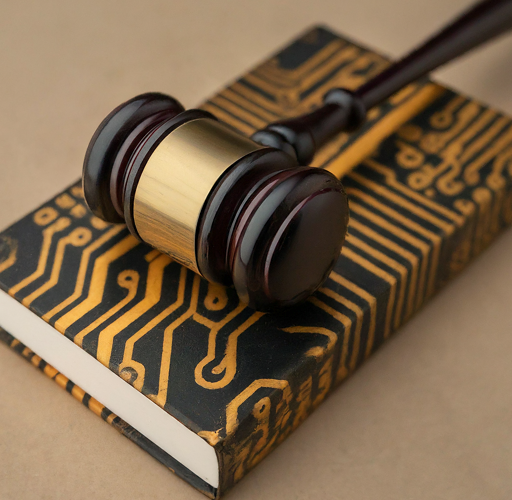Introduction
I’m Sarah Thompson, a legal tech enthusiast with over 15 years of experience in corporate law. The legal landscape is undergoing a rapid transformation, with Artificial Intelligence (AI) emerging as a powerful tool for both lawyers and clients. While the potential benefits of AI legal research are undeniable, concerns linger about its susceptibility to misinformation. In this article, we’ll delve into both sides of the coin, exploring how AI can be a valuable asset while equipping you with strategies to navigate the potential pitfalls.
The Rise of AI in Law: A Game Changer?
AI is making significant inroads in the legal field, offering innovative solutions for research, document review, and even contract drafting. AI-powered legal research tools can analyze vast amounts of legal data, identifying relevant case law, statutes, and regulations at a fraction of the time it takes for traditional methods. This translates to increased efficiency, allowing lawyers to focus on the complexities of a case that require human judgment and critical thinking.
Unlocking Efficiency: How AI Can Assist Legal Professionals
Here are some key ways AI can benefit legal professionals:
- Faster and More Comprehensive Research: AI can identify relevant legal precedents and quickly scan through legal documents, highlighting crucial information.
- Enhanced Legal Analysis: AI can analyze legal arguments and predict potential outcomes, providing valuable insights to lawyers.
- Automated Tasks: AI can handle administrative tasks like legal document review and contract drafting, freeing up valuable time for lawyers to focus on strategy and client interaction.

The Dark Side of AI Research: Vulnerability to Fake News
Despite its advantages, AI legal research tools are not without their limitations. One major concern is the possibility of AI being misled by fake news and misinformation circulating online. AI algorithms rely on the data they are trained on, and if this data contains inaccuracies, the results can be misleading.
Fact-Checking Your AI Assistant: Essential Strategies
Here’s how to ensure your AI legal research assistant is providing accurate information:
- Verify Sources: Don’t rely solely on AI-generated results. Always double-check information with trusted legal databases and reputable legal publications.
- Critical Thinking is Key: AI can be a powerful tool, but it should not replace your own legal judgment. Always analyze the information provided by AI and consider its context and relevance to your case.
- Stay Updated on AI Biases: AI algorithms can sometimes perpetuate biases present in the training data. Remain informed about potential biases in your chosen AI tool and adjust your research strategy accordingly.
Human Expertise Still Reigns Supreme: The Future of AI-Assisted Law
While AI plays an increasingly important role in legal research, it is crucial to remember that it is a tool, not a replacement for human lawyers. The complex nuances of law, ethical considerations, and the ability to build strong client relationships remain fundamentally human skills.
The future of law lies in a collaborative approach, where AI assists legal professionals by automating tasks, and human lawyers leverage their expertise to strategize, advocate for clients, and navigate the intricacies of legal proceedings.
Navigating the Legal Tech Landscape: A Practical Guide
- Research Different AI Legal Research Tools: Explore various AI-powered legal research platforms to find one that suits your specific needs and practice area.
- Start Small & Scale Up: Begin by using AI for simple research tasks and gradually integrate it into your workflow as you become comfortable with its capabilities.
- Stay Informed About AI Developments: The field of AI law is constantly evolving. Regularly update your knowledge about new developments and best practices.
Key Considerations for Using AI in Legal Research:
| Consideration | Description |
|---|---|
| Data Source | Ensure the AI tool utilizes high-quality and reliable legal data sources. |
| Transparency | Choose an AI tool that provides transparency in its algorithms and decision-making processes. |
| Human Oversight | Maintain a critical eye on AI-generated results and verify them |










